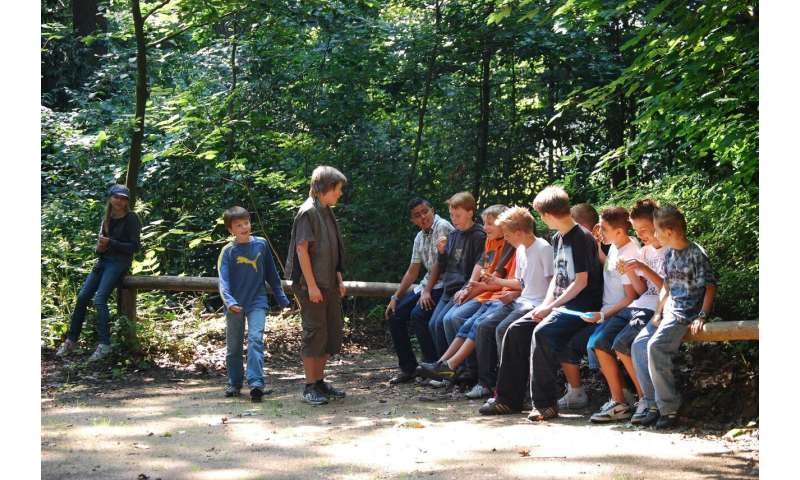
A new report highlights the vital role community groups play in staving off isolation and forging a sense of identity among vulnerable people—and researchers even suggest using such groups could be prescribed by GPs in a post-COVID-19 world.
Researchers at Anglia Ruskin University (ARU) spent time with six community organizations in Essex, conducting observations, interviewing users and talking to staff.
The groups were diverse in their offering, catering for different sections of society, including military veterans deemed to be at risk of offending, parents, older people, teenagers, those living with and caring for people with dementia and people with disabilities and long-term health conditions.
Many participants were facing challenges such as poor health, money problems, threats of homelessness or violence and suicide risk.
The research found that the organizations helped forge a sense of identity and belonging among users. One teenager using Teen Talk, a group for young people, said: “It’s nice to come here during the week to have a break from personal things. Yeah, and just chat and chill. And then when you go back to home or whatever life you have, then it’s a bit better.”
A member of a group for people with dementia and their carers said: “The club is my lifeblood. That’s the way I look at it. I look forward to it so much every week. I really do.”
The researchers produced poetry, using members’ own words, to convey participants’ experiences and express the way they felt about their organization. These can be read within the report, entitled Overcoming Barriers.
Lead author, Dr. Oonagh Corrigan of ARU, said, “While these groups were all set up ostensibly for a purpose, for example a bowls club or a school uniform exchange club, we found that these purposes were often of secondary importance to the users. The social aspect was an overwhelming benefit, allowing users to build relationships with like-minded people and feel a sense of belonging. While this research took place in Essex, the social issues of these areas are not unique in the UK, and we found that community assets like these help develop resilience in the population, reduce social isolation, and help people overcome the challenges and adversity that affect so many people in deprived areas of the UK.”
While the research took place before the COVID-19 lockdown temporarily closed the doors of the organizations, follow up calls to users during the lockdown revealed people were struggling without them.
One user of a friendship group said: “Oh, I’m at a loss not being able to go down there to be honest, I do miss it greatly.”
Dr. Corrigan added: “People are naturally social in nature and with life becoming more isolated during and post-COVID-19 as we engage in social distancing and working from home, our follow-up calls revealed that many people were finding life very difficult when these organizations were not available to them. We believe these groups will be of huge importance for the health and wellbeing of communities in the post-COVID-19 world, and recommend they are promoted and funded appropriately, with group leaders encouraged to apply for grants and given free training. GPs could even ‘socially prescribe’ joining up with a community group.”
The report was funded by the North East Essex Health and Wellbeing Alliance, with support from Colchester Borough Council and Tendring District Council.
Chairman of the alliance, Mark Jarman-Howe, said, “The commissioning of this research reflects the commitment of the North East Essex Health and Wellbeing Alliance to tackling inequity through addressing the wider determinants of health, and building our understanding of and engagement with the rich store of community assets to be found in even the most deprived areas.
Source: Read Full Article